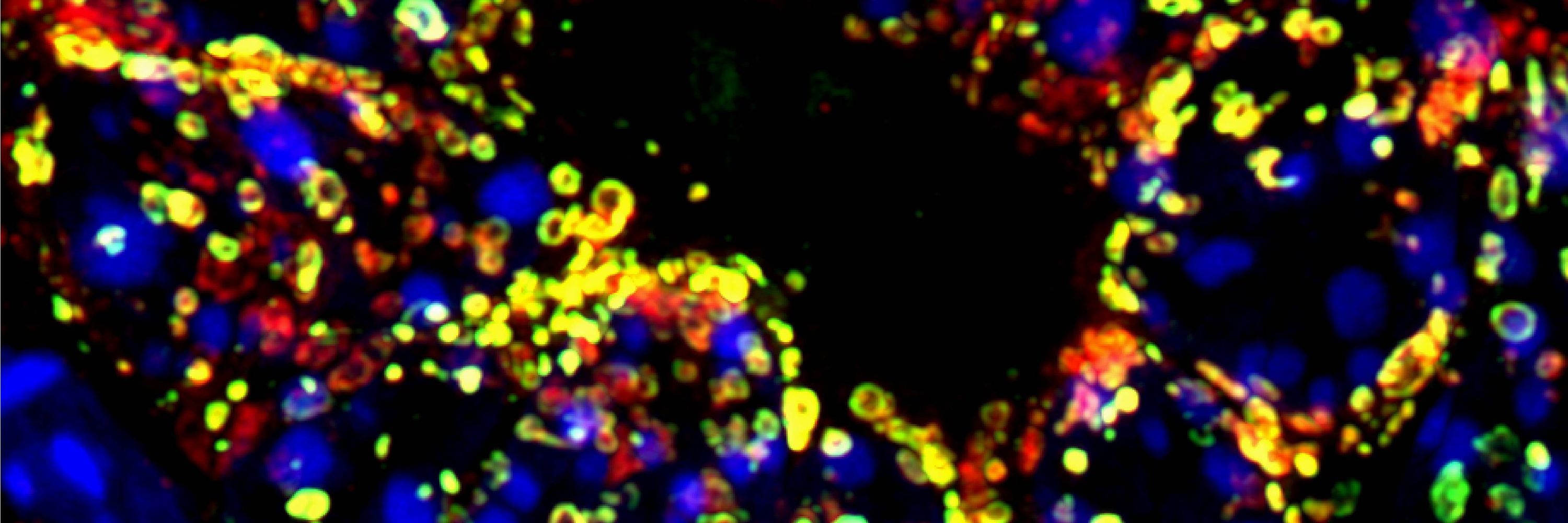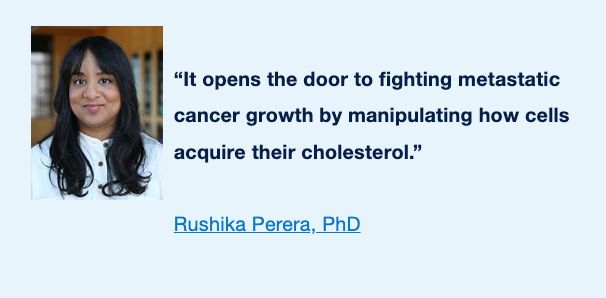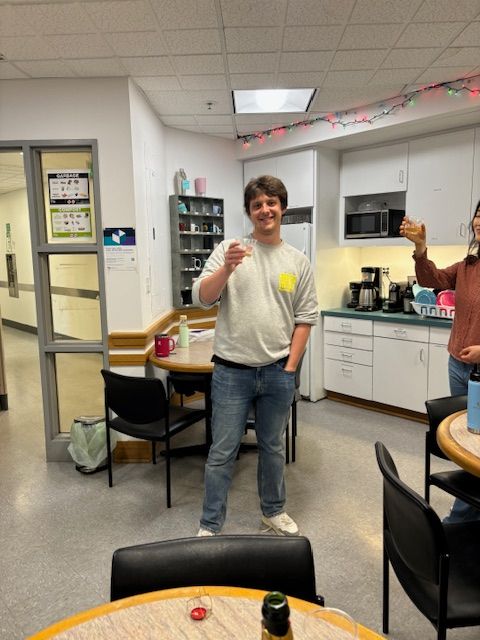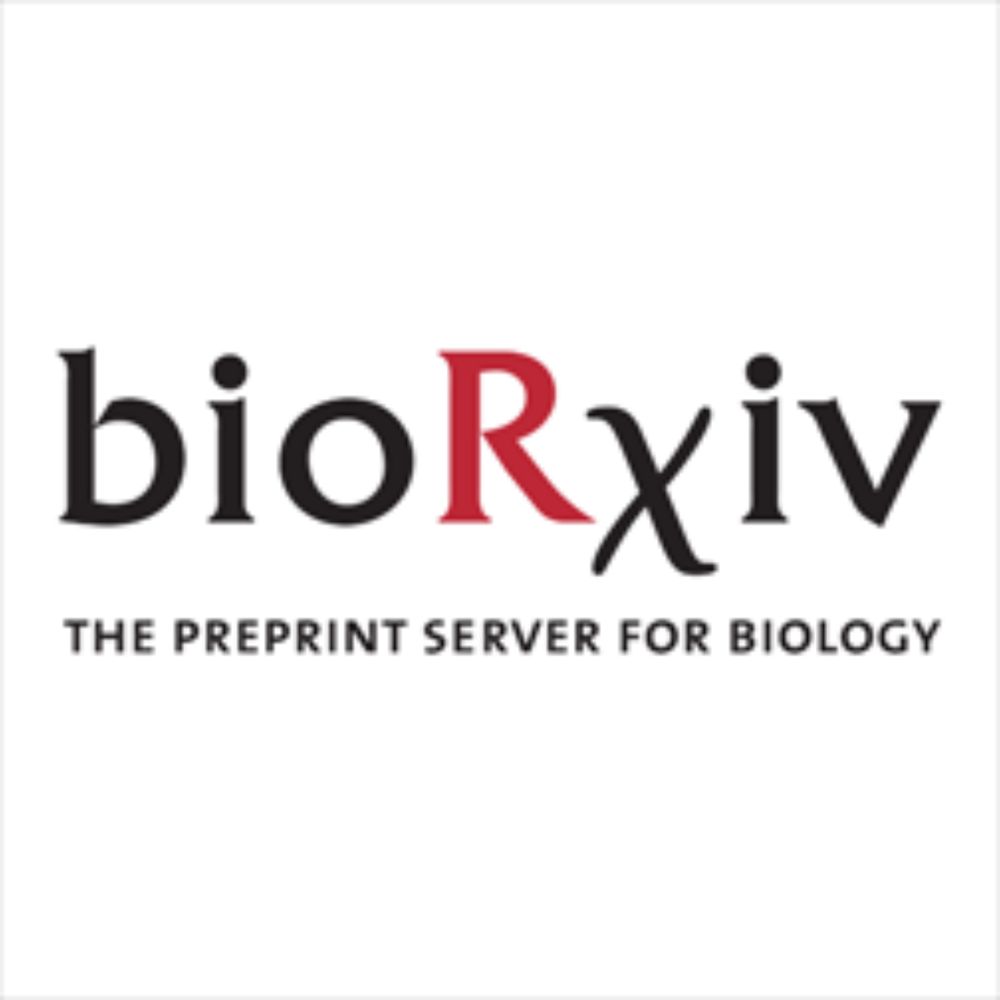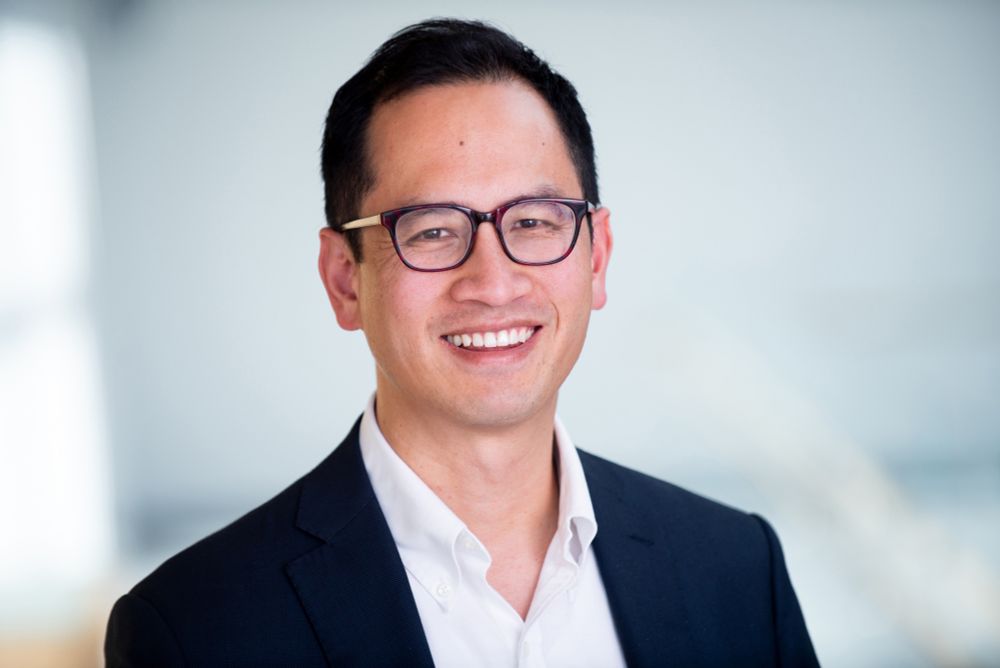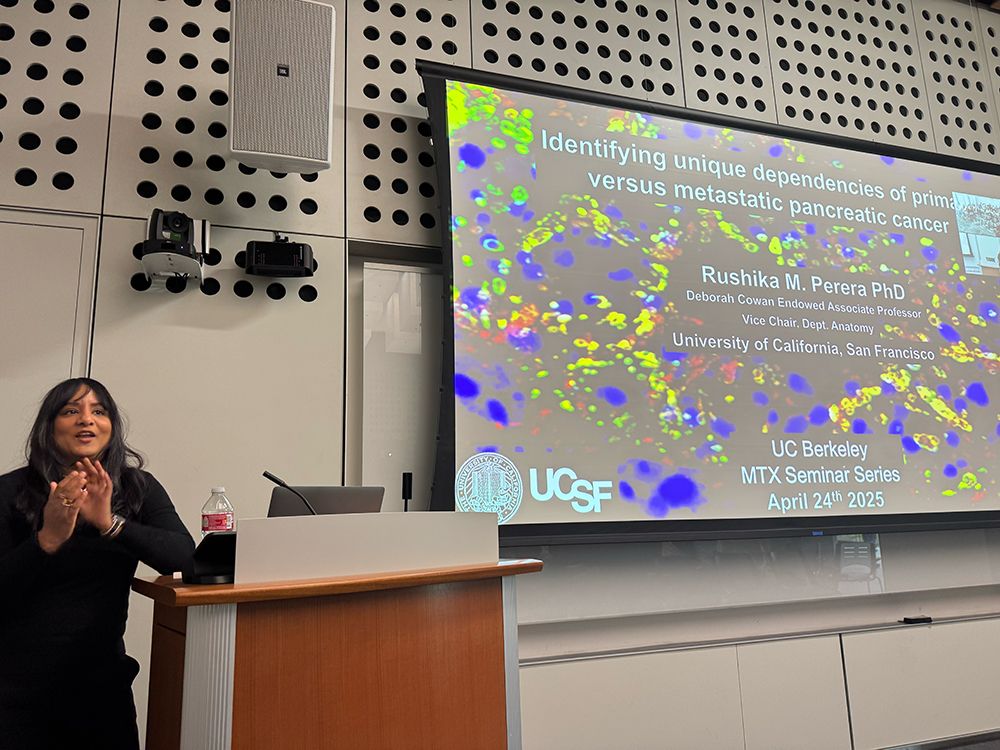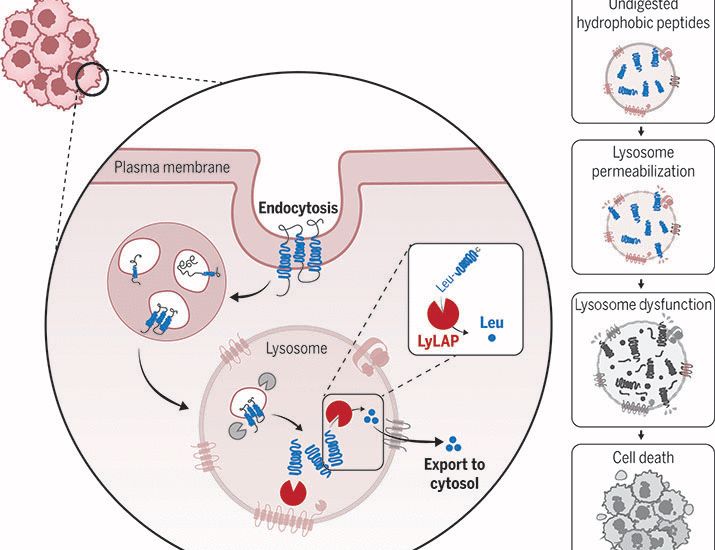Rushika M. Perera
@rushika-perera.bsky.social
520 followers
170 following
26 posts
Associate Prof. @UCSF Dept. of Anatomy & Helen Diller Family Comprehensive Cancer Center | My lab studies lysosomes, autophagy, metabolism and pancreatic cancer
visit us at : rushikapereralab.com
Posts
Media
Videos
Starter Packs
Reposted by Rushika M. Perera
Reposted by Rushika M. Perera
Reposted by Rushika M. Perera
Reposted by Rushika M. Perera
Aakriti Jain
@aakritijain.bsky.social
· Mar 27
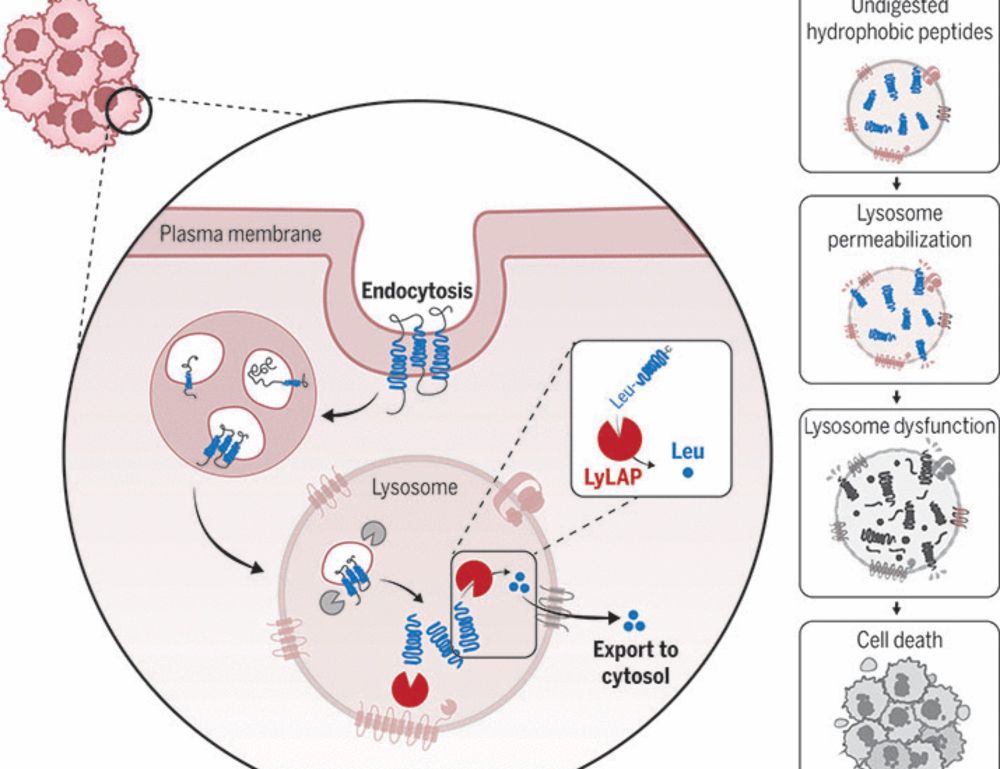
Leucine aminopeptidase LyLAP enables lysosomal degradation of membrane proteins
Breakdown of every transmembrane protein trafficked to lysosomes requires proteolysis of their hydrophobic helical transmembrane domains. Combining lysosomal proteomics with functional genomic dataset...
www.science.org
